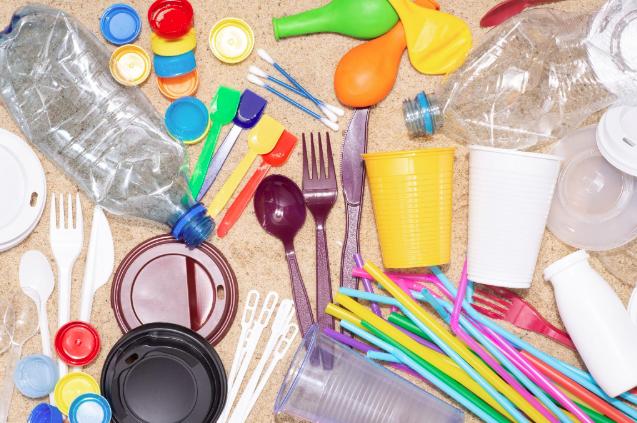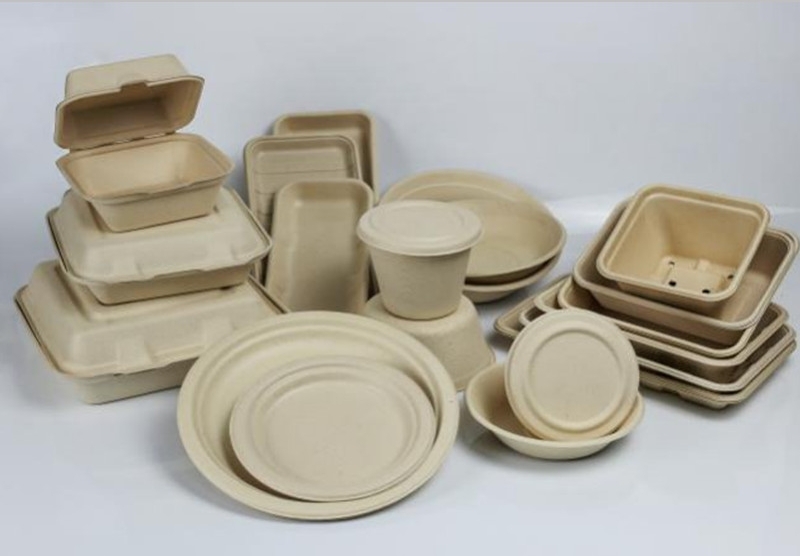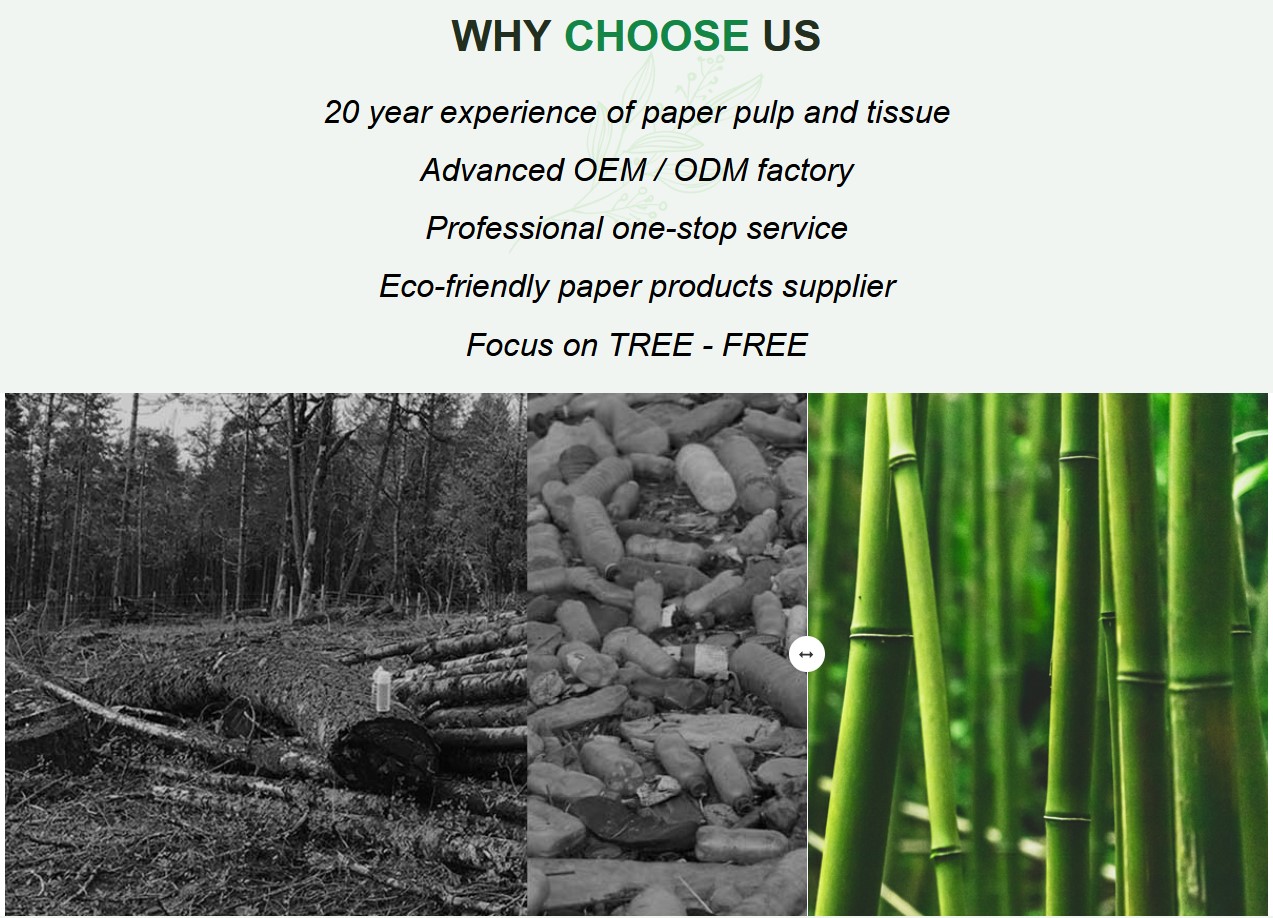
Single-use plastic items, including cutlery and plates, will soon be banned in England, the government has announced. The government estimates that 1.1 billion single-use dinner plates and more than 4 billion plastic cutlery items are used in England each year, of which only 10% are recycled. It is understood similar bans are already in place in England and Wales. Environment Minister Therese Coffey said the move would help protect the environment for future generations. Environmental activists welcomed the ban, but also called for a broader policy to limit plastic.
▲ John Coffey, British Environment Minister.
England's restrictions are not comprehensive
Plastic items used for takeaways - including containers, trays and cutlery - are the biggest cause of Marine pollution, research suggests. The Department for Environment, Food and Rural Affairs (Defra) carried out a consultation between November 2021 and February 2022 on banning single-use plastic items, and its response will be published on 14 January. Plastic cutlery, plates and trays will be included in the ban, the Guardian understands.
"One plastic fork can take 200 years to decompose, that's two centuries in a landfill or polluting our oceans," Coffey said. "I'm determined to push for action to tackle this problem head on. We have taken significant steps in recent years - but we know there is more to do and we have listened again to the public." "This ban will have a huge impact, stopping billions of plastic pollution and helping to protect the natural environment for future generations," she added.
Scotland introduced a ban on businesses using a range of single-use plastic items in June last year. A similar ban in Wales was approved in December 2022 and will come into force later in 2023. England also banned single-use plastic straws, stir sticks and cotton swabs in 2020.
However, the new measures appear to be incomplete. According to the Daily Mail, the ban mainly applies to plastic plates, bowls and trays used in restaurants, cafes or takeaways, and does not cover places such as supermarkets and shops. This is because plastic items in the latter case are not classified as "primary packaging", according to a consultation document published in November 2021, and the government says it is addressing the issue in other ways.
Britain lags behind the European Union in limiting plastic products
While criticized for being slow and limited in scope, the move to ban single-use plastics was hailed as a welcome step by environmental activists, while others stressed the need to reduce plastic use at source.
Megan Randles, a political campaigner at Greenpeace UK, welcomed the new measures but warned: "We are dealing with a flood of plastic, which is like reaching for a mop rather than turning the tap off." She called for the government to develop a "meaningful" policy on how to reduce plastic use, including tougher reduction targets and a proper reuse plan.
The UK lags behind the European Union, which introduced a ban on single-use plastics in 2021. The ban focuses on plastic products commonly found on the EU market, including straws, coffee cups and takeaway containers. Although not in the EU, Norway has taken similar steps.
▲ Europe's Green Deal.
The European Union has even gone a step further recently with proposals to eliminate miniature shampoos and body washes in hotels. It is understood the proposal is part of the Green Deal in Europe, where each person produces an average of nearly 180kg of packaging waste a year. According to the European Commission, if no action is taken, plastic packaging waste could increase by 2,030% by 2046.
France has introduced a ban on disposable cutlery
At the same time as the UK's plastic ban, France has banned anyone from using disposable plates, cups and cutlery in restaurants since January 1.
Under the new rules, any restaurant with more than 20 seats - including working cantos, bakery chains, fast food restaurants and sushi restaurants - will have to provide customers with reusable, washable cups, plates, bowls and cutlery. French environmental groups called it a "radical paradigm shift" for the restaurant industry. There are about 30,000 fast food restaurants in France, serving 6 billion meals a year and generating an estimated 180,000 tons of waste. Environmental groups say 55 percent of that waste is produced by customers eating in restaurants.
It is understood that the new rules will only apply to the cutlery used by customers at the restaurant. Disposable packaging used when ordering takeaway food will not be affected for the time being. Environmental groups hope that single-use takeaway packaging will also change in the future, with customers being able to leave a deposit for reusable packaging and return it after use, for example.
Under the new rules, burgers and sandwiches can no longer be packed in disposable boxes, but they can continue to be wrapped in paper. All other food -- including chips, chicken nuggets, pizza, ice cream or cake -- must be served in reusable cutlery, and drinks must be served in reusable cups. It is understood that McDonald's has recently started using reusable plastic containers to serve the fries, which are shaped exactly like the traditional red single-use packaging. Burger King has also tested reusable bowls and cups with the company logo.
For fast food restaurants, the challenge is finding space in the back of the kitchen for dishwashing facilities and preventing customers from throwing away reusable cutlery or taking it home. Some young customers said they would prefer takeaways for fear that the reusable cups would be unclean. A group of French environmental groups recently published an open letter calling on customers to be vigilant and refuse to eat at restaurants that do not comply with the new rules.



Bamboo pulp paper and bagasse pulp paper products will be nice alternative for plastic products.